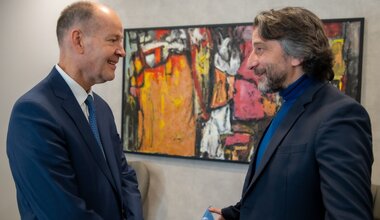Taboo of gender-based violence raised during Kosovo-wide documentary screening
The taboo around gender-based violence that still exists in Kosovo was recognized by many people during a Kosovo-wide tour of an UNMIK-produced documentary on the relationship between property rights and domestic violence.
During November and December 2018, the documentary Not Your Property, which explores the relationship between gender-based violence and traditional property inheritance customs in Kosovo, was on the road as part of the official 16 Days of Activism Against Gender Violence Campaign –an international campaign to challenge violence against women and girls. The campaign runs every year from 25 November, the International Day for the Elimination of Violence against Women, to 10 December, Human Rights Day.
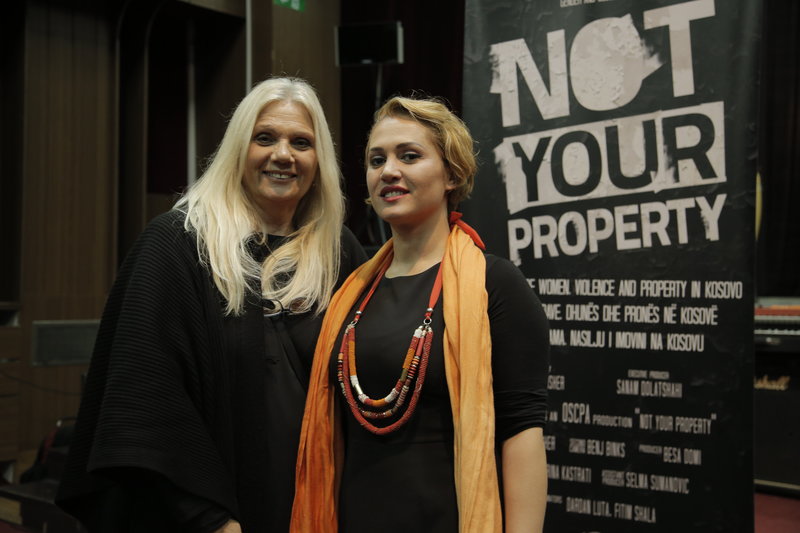
Examining the nexus between violence and property rights, the film looks at how customary norms leave women vulnerable to domestic violence.
Alban Uksana, 35, from Pristina, said she was impressed by the four women survivors who spoke out publicly through the documentary about the difficult experiences they had endured.
“This is somewhat still a taboo and not every victim likes to talk about herself”, he said.
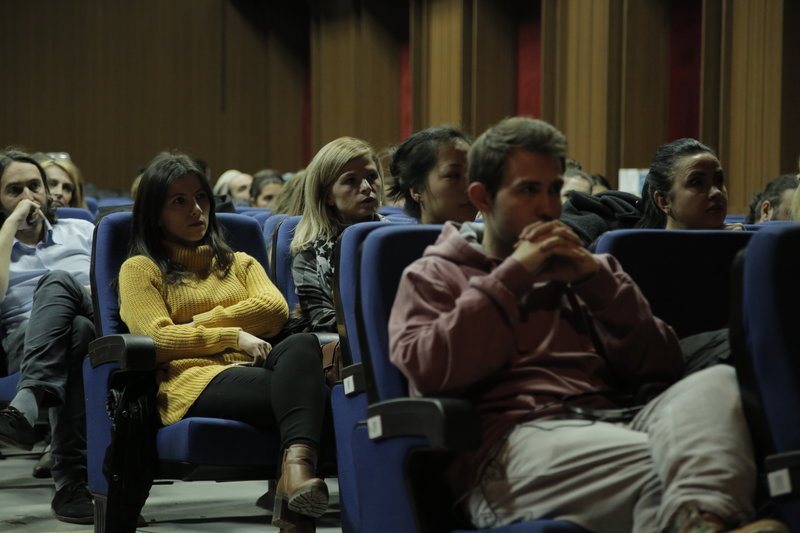
The mayor of Pejë/Peć Gazmend Muhaxhiri also described gender-based violence as a taboo, explaining the phenomenon of domestic violence often doesn’t get reported. “It’s a phenomenon that is present in our society. It’s been seen from the reports that only 40% of gender based violence is reported. The rest is hidden or remains silent”
The film was screened in 10 municipalities around Kosovo, at events hosted by civil society organisations, followed by panels made up of authorities and activists and an audience question and answer session. The screenings took place in Prishtina/Pristina, Kamenicë/Kamenica, Gračanica/Graçanicë, Novobërdë/Novo Brde, Ferizaj/Uroševac, Gjakova/Gjakovica, Pejë/Peć, Gjilan/Gnjilane and Mitrovica/Mitrovicë North.
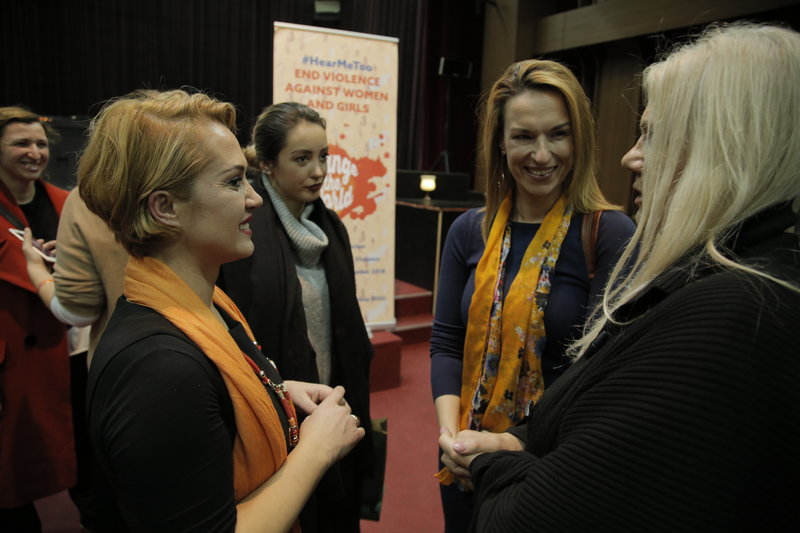
There were lively discussions between the audience and institutional representatives, including from police, the judiciary, and municipalities during panel discussions that followed the screening of the film. In some municipalities also, sociologists and NGO representatives were available for the audience to ask questions and follow up on varies issues.
Maria Gjini Kurti from Ferizaj, an experienced teacher and women’s rights activist, described women as the ‘human cell’ of society: “If the women are not emancipated then the whole society is destroyed”.
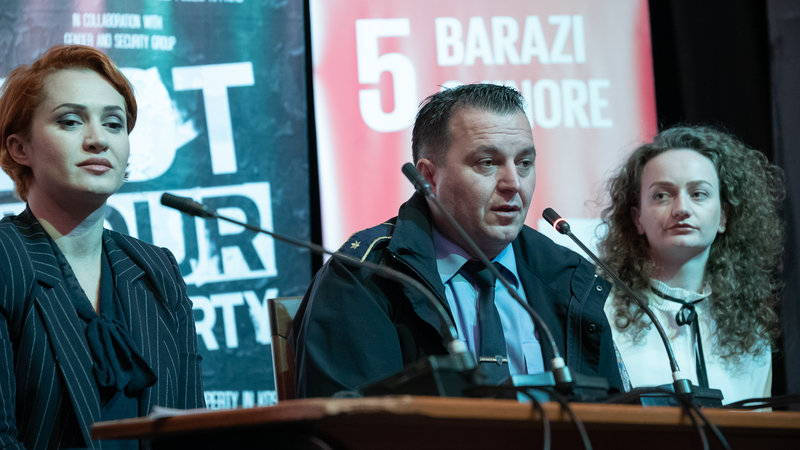
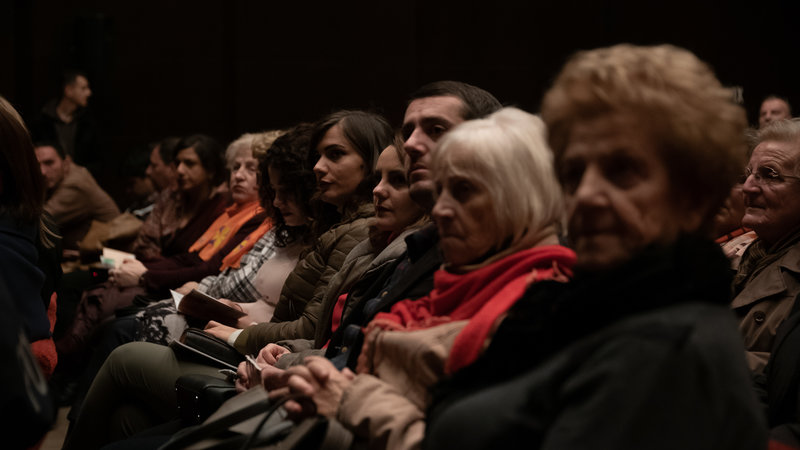
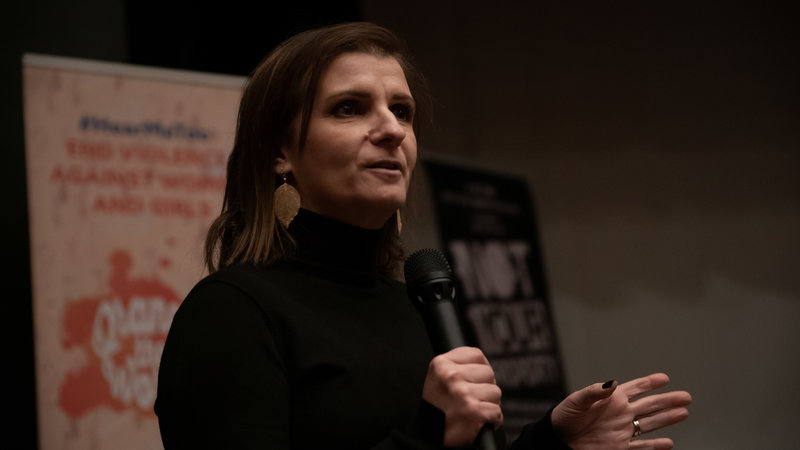
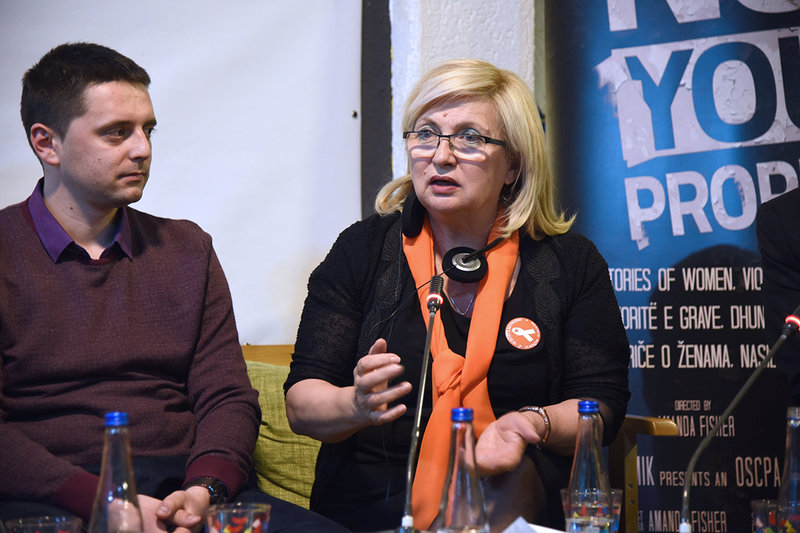
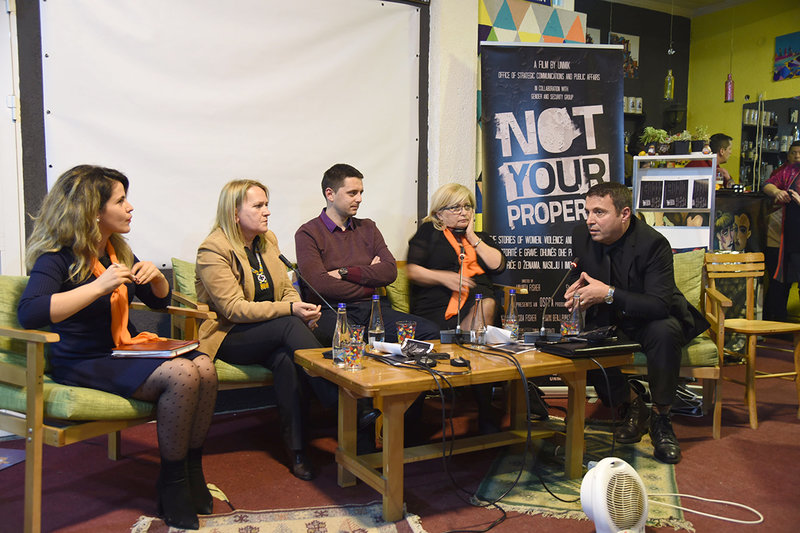
 UN
UN United Nations Peacekeeping
United Nations Peacekeeping



